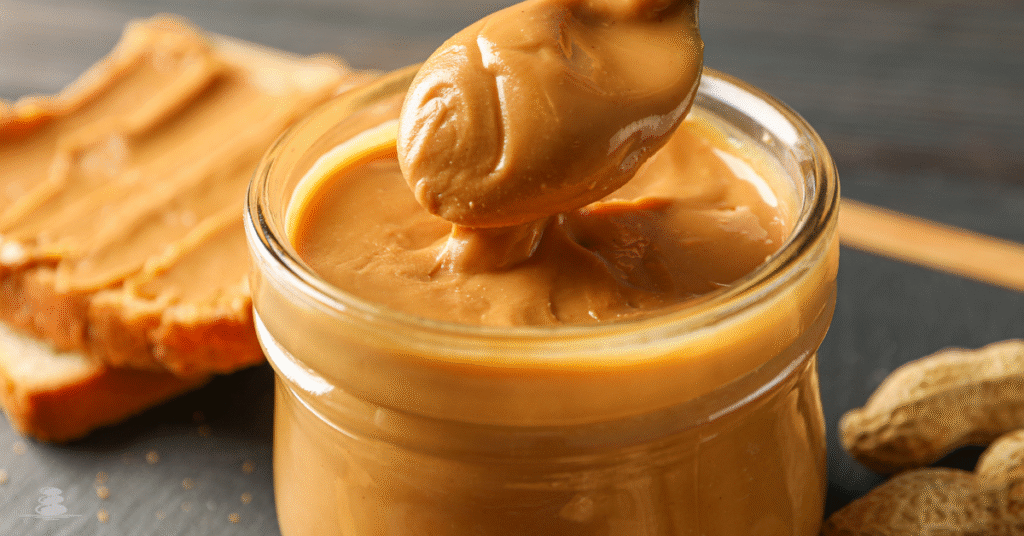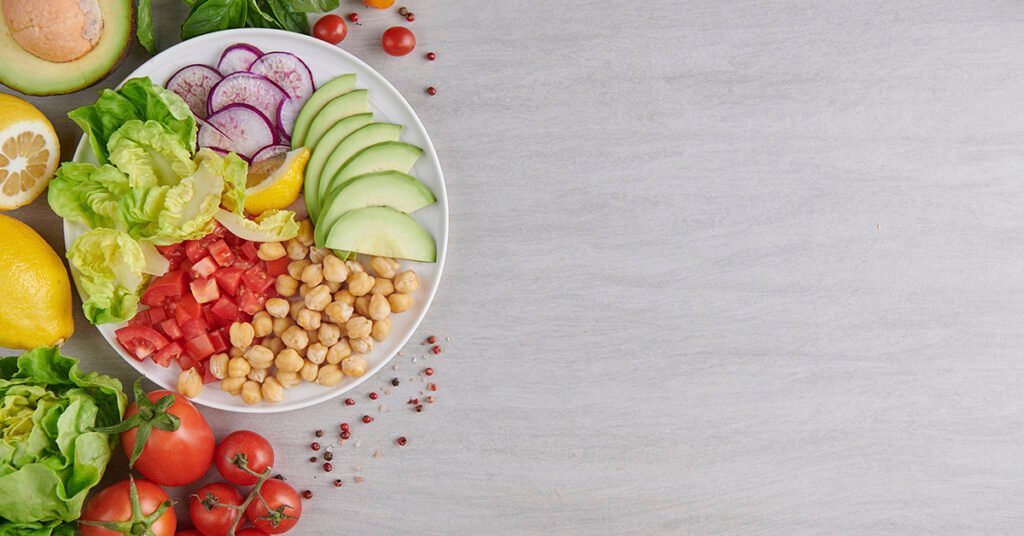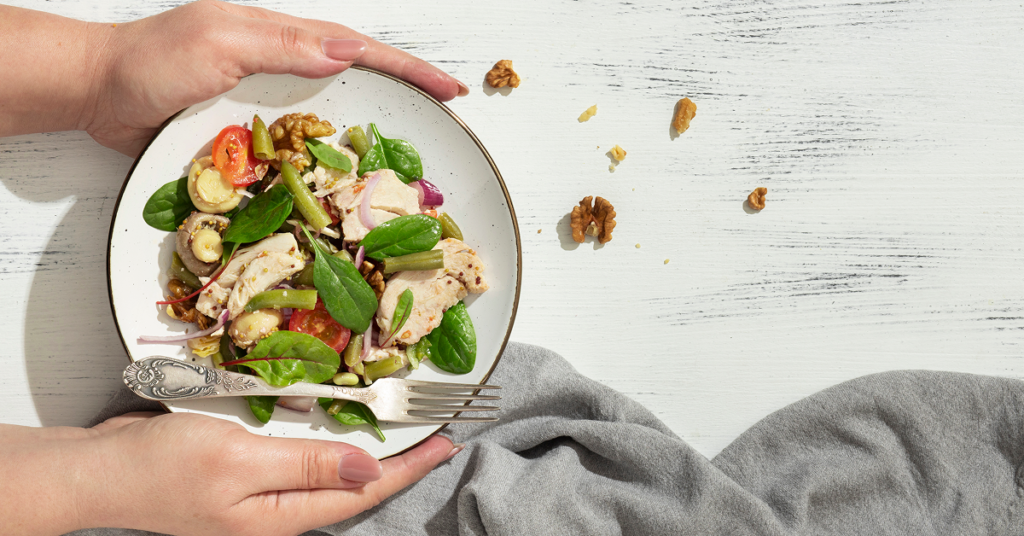Peanut butter is more than just a tasty spread — it’s a nutrient-packed powerhouse that has earned a permanent spot in kitchens around the world. Whether you’re stirring it into your oatmeal, blending it into post-workout smoothies, or enjoying it the classic way, this creamy favorite brings both flavor and function to the table.
But with so much buzz in the health world around clean eating, healthy fats, and balanced diets, it’s natural to ask:
Is peanut butter good for you — or is it just a calorie bomb in disguise?
How much peanut butter per day can you actually enjoy without going overboard?
And what are the real, science-backed peanut butter benefits that make it worth the hype?
The truth is, peanut butter can be an incredibly nourishing part of your routine — when you choose the right kind and eat it in the right amount. Loaded with protein, fiber, healthy fats, and essential vitamins, it offers long-lasting energy and satiety that makes it ideal for both busy days and fitness-focused lifestyles.
In this article, we’ll break down:
- The fascinating history of peanut butter
- What makes it truly healthy (and what to avoid)
- A detailed look at peanut butter nutrition facts
- The most important health benefits of peanut butter
- Who should be cautious — and why
- And exactly how much peanut butter per day is considered smart and healthy
A Brief History: When Peanut Butter Was Invented
Believe it or not, peanut butter’s origins date back thousands of years — long before it was found on toast or in protein shakes. Ancient civilizations like the Aztecs and Incas were among the first to grind roasted peanuts into a paste. While their version was quite different from the smooth and creamy spreads we know today, it laid the foundation for what would become one of the world’s most popular pantry staples.
The modern version of peanut butter as we know it began to take shape in the late 19th century. In 1884, Marcellus Gilmore Edson, a Canadian chemist, was granted the first U.S. patent for a peanut paste. Not long after, in the 1890s, Dr. John Harvey Kellogg (yes, the cereal guy!) developed a version of peanut butter made from steamed, not roasted, peanuts. His intention? To create a soft, high-protein food for patients who couldn’t chew solid meat — particularly the elderly.
As the product gained popularity, peanut butter made its public debut at the 1904 World’s Fair in St. Louis, captivating American audiences. With advancements in processing and packaging, peanut butter quickly went from a niche health product to a mainstream grocery item.
By the mid-20th century, it became a staple in households across the U.S. and eventually the globe. Today, peanut butter is loved not only for its taste but also for its nutritional value, convenience, and versatility — used in everything from sandwiches and smoothies to sauces, desserts, and fitness-focused meal plans.
So, while it may seem like just a modern snack, peanut butter has a rich and fascinating history — one that spans cultures, continents, and centuries.
Top Peanut Butter Benefits for Health & Energy
So, what makes peanut butter so popular in health circles? Here are the science-backed health benefits of peanut butter you should know:
- Rich in Healthy Fats – Specifically monounsaturated fats, which support heart health
- High in Plant-Based Protein – Helps build and repair muscle tissue
- Nutrient Dense – Full of vitamin E, magnesium, potassium, and B vitamins
- Promotes Fullness – Keeps you satisfied longer and may prevent overeating
- Supports Active Lifestyles – Great post-workout food for recovery
Peanut Butter Nutrition Facts (Per 2 Tbsp/32g Serving)
Understanding the nutrition facts of peanut butter helps you make healthier choices. Here’s what you get in a standard serving:
- Calories: ~190–200
- Protein: 7–8g
- Total Fat: 16g (mostly unsaturated)
- Carbs: 6–7g
- Fiber: 2g
- Sugar: 1–3g (depending on the brand)
To maximize health benefits, go for natural peanut butter with no added sugar or hydrogenated oils.
Is Peanut Butter Good for You? Here’s When It Might Not Be
While peanut butter has a lot going for it, there are a few situations where it might not be the best choice:
- If you have a peanut allergy, even a tiny amount can be dangerous
- It’s calorie-dense, so portions matter — especially if you’re watching your weight
- Some store-bought versions contain added sugars or trans fats
- For people with IBS or gut sensitivity, large amounts may cause digestive discomfort
Conclusion? For most people, peanut butter is good for you — as long as it’s natural and consumed in the right amount.
How Much Peanut Butter Per Day Is Healthy?

Moderation is key. For most adults, 1 to 2 tablespoons per day is considered healthy. This gives you all the peanut butter benefits without going overboard on calories or fat.
Try adding it to:
- Toast with banana for breakfast
- Smoothies as a protein boost
- Apple slices as a fiber-rich snack
- Post-workout snacks to refuel your muscles
Conclusion: Is Peanut Butter a Smart Choice?
Absolutely — peanut butter can be a smart and satisfying addition to your diet, if you choose it wisely. Packed with protein, heart-healthy fats, fiber, and essential nutrients like vitamin E, magnesium, and potassium, peanut butter offers a range of health benefits that go beyond its delicious taste.
That said, not all peanut butters are created equal. Many store-bought versions come loaded with added sugars, hydrogenated oils, and preservatives — which can turn this nutritious spread into more of a processed treat than a wholesome snack. To get the best out of your peanut butter, always read the label and go for natural or organic options with just one or two ingredients: peanuts (and maybe a pinch of salt).
As with any high-calorie food, moderation is key. While peanut butter is nutrient-dense and incredibly satisfying, it’s easy to go overboard — especially straight from the jar! Sticking to about 1 to 2 tablespoons per day is a healthy guideline for most people. It’s enough to enjoy the benefits without overwhelming your daily calorie or fat intake.
Whether you’re trying to build muscle, fuel a workout, manage your weight, or just enjoy a healthy snack, peanut butter can support your goals — if you include it mindfully as part of a balanced lifestyle.
So yes, peanut butter is good for you — when it’s natural, portioned properly, and paired with other whole foods. It’s not just a spread; it’s a nutritional boost in a spoon that can work for both your body and your taste buds.
Bonus: 5 Healthy & Easy Recipes with Peanut Butter

Peanut butter isn’t just for toast! These simple and nutritious recipes are perfect for breakfast, snacks, or even post-workout fuel. Each one uses natural peanut butter to give you all the peanut butter benefits — with zero guilt.
1. Peanut Butter Banana Overnight Oats
Ingredients:
- ½ cup rolled oats
- 1 tbsp peanut butter
- 1 small banana, mashed
- ½ cup unsweetened almond milk
- 1 tsp chia seeds
- Dash of cinnamon
Instructions:
Mix everything in a jar, refrigerate overnight, and enjoy in the morning. Top with fresh banana slices or a sprinkle of nuts!
Why it’s great: High in fiber, protein, and slow-release carbs — perfect for breakfast.
2. Peanut Butter Power Smoothie
Ingredients:
- 1 frozen banana
- 1 tbsp peanut butter
- 1 scoop protein powder (optional)
- 1 cup almond milk
- Handful of spinach
- Ice cubes
Instructions:
Blend all ingredients until smooth. Serve immediately.
Why it’s great: A great pre- or post-workout shake loaded with nutrients and plant protein.
3. 3-Ingredient Peanut Butter Energy Bites
Ingredients:
- 1 cup oats
- ½ cup peanut butter
- ⅓ cup dark chocolate chips or raisins
Instructions:
Mix everything in a bowl, roll into small balls, and chill in the fridge for at least 30 minutes.
Why it’s great: A perfect grab-and-go snack with no refined sugar.
4. Peanut Butter Dressing (for Salads or Bowls)
Ingredients:
- 2 tbsp peanut butter
- 1 tbsp soy sauce or tamari
- 1 tsp maple syrup or honey
- 1 tbsp lime or lemon juice
- 1–2 tbsp water to thin
- Optional: grated garlic or ginger for an extra kick
Instructions:
Whisk together until smooth. Drizzle over salads, rice bowls, or roasted veggies.
Why it’s great: Adds healthy fats and flavor to plant-based meals.
5. Frozen Peanut Butter Banana Bites
Ingredients:
- 1 banana, sliced
- 2 tbsp peanut butter
- Optional: melted dark chocolate for dipping
Instructions:
Sandwich banana slices with peanut butter, dip in chocolate if desired, and freeze for 1–2 hours.
Why it’s great: A naturally sweet treat with fiber and protein — kid-friendly too!
Images: Canva



